In lieu of publishing an original, July 2020 BlahBlahBlog post, EngageBetween- an Inclusion consultancy- acknowledges those solutions lent by the study of religion, and yields our space this month to repost the following June 19, 2020 message from the Baha'is of the United States. The message was originally published at Bahai.us.
5 Comments
Friends of diverse colors, genders and generations have written to say:
Thanks, dear Friend. I am not okay. Nor am I safe. And… While I believe that your gesture is made from a place of genuine care, I have lacked the will to respond. What I trust you intend as a warm embrace feels like a heavy yolk upon me, compounded with each and every, additional text.
More than once, the impact on me has felt as though I am being summoned as nursemaid to tend to your reaction to “recent events.” I, too, am short of breath…and feeling my way to an impossible balance between how much white noise I allow myself to take in, and how much suffering I attempt to unapologetically tune out.
Someone else, a fellow workplace inclusion consultant, asked:
Please continue to reach out—but farther, towards transformative action. Can we agree that this is not my moment—for any reason entrepreneurial, color-related or otherwise? Or, yours?
Yet, now has seemed to be an opportune moment for capital and social enterprise to exploit. Below are samples of emails sent to my inbox this past week.
Marketing messaged like the snippets above undoubtedly competes with sustained advocacy efforts on the part of organizations that have put in the work to institutionalize inclusion as a practice, and not defaulted to being quietly anti-racist. I reached out to the last organization quoted above to ask how it has practically committed to understanding “the systemic impacts of bias and oppression at every level of [their] internal and external work.” I am awaiting reply. Folks, the moment cannot be solved; it is the fruit of seeds sown. Today does not stand in isolation; its roots are deep. To friends who have reached out since Mr. George Floyd was killed: Please continue to reach out—but farther, towards transformative action. Be a friend to Truthfulness, Trustworthiness and Justice.
As good friends sometimes do, I’ll re-gift you with a message my big cousin recently gifted me. Speaking beyond dominant narratives, he demonstrated love by offering a new narrative: “Hey, I just wanted to let y’all know that I love y’all so much. With all this hate and negative out there, I wanted y’all to hear something different.” Virtually yours, Malii "'For my people…trying to fashion a world that will hold all the people, all the faces...[i]" It can be hard at work when I feel like my middle name is One of These Things Is Not Like the Other. I neither smoke nor drink. Among colleagues, I’m black. And, I don’t hang late socially because I get angry when I’m tired, and I want to keep my job.
Even as someone who advances the power of shared purpose for a living, I’m learning. Over the last year especially—kindled by my experience of a close friendship with a man of a different color—I’ve invited myself to critically examine my commitment to the cultural identities that are my jazz, my feel-good place. Even as they serve me, how might those ideas I have of myself as culturally black, politically liberal and Baha’i by religion distance me from others? I’m trying on the idea that holding so tightly to who I think I am in comparison to, or contrast from, others limits who I ally with as my people. By qualifying how I connect with others, how do I limit my own value? Recently on work assignment, an accidental experiment revealed to me that I’d been operating in the belief that I was a person of less value. I’d sat down with colleagues to what I expected to be dinner and a show. I call it forced fun; I am the show. But that evening, I was unwilling to put on a front. I quit the pleasantries, opened conversation about topics of interest to me, and laughed without self-censure. Literally, I enjoyed myself! I let go of the obligation of being One of These Things in a work environment that likes the idea of employing diversely and unknowingly obligates me to make that complexity work. In her TED Talk gone viral, the actress America Ferrera identifies the obstacles that “executives and producers and directors and writers and agents and managers and teachers and friends and family” stumbled over by caricaturing her as “a too fat, too brown, too poor Latina.” Her words spoke to me as someone who regularly experiences the reasons why people don’t “bring their whole selves” to work. If you listen, America’s likely speaking to you, too: “I couldn’t change what a system believed about me while I believed what the system believed about me. And I did. I, like everyone around me, believed that it wasn’t possible for me to exist in my dream as I was.” This post is “[fo]r my people…trying to fashion a world that will hold all the people, all the faces…”; for my people who have not believed it’s possible to exist as they are; for my people who hold tightly to who they think themselves to be: Let go, enjoy yourself, challenge the rest of us to connect to our value. “Let a new earth rise. Let another world be born.” Virtually Yours, Malii Watts Carolyn EngageBetween [i] Direct quote from, and nod to, Margaret Walker’s award-winning poem, For My People (1942). Walker (b.1915 - d.1998) was a U.S. American poet and writer, and part of the African American literary movement in Chicago, known as the Chicago Black Renaissance. Ask Google to pull up the best diversity statement, inclusion statement or D&I statement and it will give you an impossible number of results. I received 180,000,000 results in an impressive 0.56 seconds! Though, you're looking for quality examples. Not quantity. Here's one example that I recently drafted for a local nonprofit on whose Board I serve. I'm proud of our Board for engaging in meaningful discussion around the draft statement, and for refining our scope and purpose in the process. I share it with the intention that it may inspire as you craft a statement that fits your own needs. To be clear: There is no "best" inclusion statement. Though, from better practice we can learn that simply coming together to draft the statement is a promising step forward. Comments and questions welcome directly in the Comment box or by email at Hello@EngageBetween.com! SACRD Inclusion Statement Inclusion is actively extending an invitation to all people.
Inclusion is equal-opportunity. It does not discriminate on the basis of person or place. Inclusion is more than saying, “All are welcome.” It is not a sentiment alone. Inclusion is not passive. As a practice, Inclusion engages people. Inclusion is an opportunity to connect with one another. It prompts us to look beyond ourselves, and discover how expansive “we” can be. Inclusion is how we define it together. Inclusion is practiced through a posture of learning. It does not necessitate that we know all the answers, but that we invite sufficient variety into the room and to the table. Inclusion is a shared responsibility. It demands collective and continuous effort. Inclusion may be a matter of treating others as one wishes to be treated. Inclusion may more often mean treating people as they wish to be treated. Through Inclusion, we exhibit curiosity about one another, and the diverse ways in which we feel welcomed. Inclusion activates the power of diversity, the variety among the whole of us. Inclusion is a friend of Equity. As a practice, Inclusion is one mechanism of checks and balances that helps ensure we are acting in integrity with our stated values. The invitation lent by Inclusion need not be accepted. It is the choice of those invited to join. Inclusion requires empathy of us. And willing patience. Inclusion is an evolving and lived practice. It cannot be comprehensively outlined in the span of one page or statement. At SACRD, Inclusion is connecting all people with compassionate community. A client has developed a fun assessment that paints the picture of a person into 3 primary colors: Red, Blue and Green! By far, my primary color is Green. Which is code for a person who has a number of exceptional qualities—that can also be experienced less positively by others. I’m a fan the Diversity Icebreaker®—both the product and the process built around it—because it helps workplace groups do better what they do together by simplifying inherent differences. In processing the learning, we reveal new models of work relationships that work to produce profit in ways that match our values. I’m excited to lead a workshop centered on the tool this month! ’But Also Red and Blue!’ acknowledges that each of us is more than one identity. What if the core identity among us all was collective; that if we are anything, we are One? The motivating force behind the practical work I do with organizations to advance the power of shared purpose is rooted in this principle. I remembered this idea when reviewing an updated version of my so-called “DNA Story” this week. Apparently, my genetic info actually determines that I am 12% Irish/Scottish/Welsh (previously 13% when first tested in 2016), 16% British (previously 2%), 16% Beninese/Togolese (previously 4%) and 35% Cameroonian (previously 18%). What does this mean? First, the “Kiss Me, I’m 13% Irish” t-shirt that I had made before traveling for work assignment in Dublin is no longer accurate. Second, it turns out that the ex-boyfriend who moved on because I was not Cameroonian like him underestimated by bloodline. And, identity is relative. What if the core identity among us all was collective; that if we are anything, we are One? The motivating force behind the practical work I do with organizations to advance the power of shared purpose is rooted in this principle. Though I have some reservations about NPR, I recently listened to an interview of a medical anthropologist[i] who cautioned that “taking what’s a really small behavior and turning it into an identity” can be “really dangerous.” When asked why, she added that, “When something becomes part of your identity, it could be really hard to let go of it. It could be really hard to say, ‘Oh, I’m going to change my mind,’ because it’s so much part of what’s been defined as the core value of your community.” Identity is flexible, changing, contextual—and serves us when we think and act accordingly. A well-known mid-century novelist-playwright-activist teaches us through his legacy and his writings that, “Identity would seem to be the garment with which one covers the nakedness of the self: in which case, it is best that the garment be loose, a little like the robes of the desert, through which one’s nakedness can always be felt, and, sometimes, discerned. This trust in one’s nakedness is all that gives one the power to change one’s clothes.[ii]” The author of these words, James Baldwin, was himself considered an influential emigrant writer, having departed his native land to gain perspective on his identity as a Black person and a gay man. Call to action: Let’s open real conversation. Let’s strategize about our shared identity—across the differences—that advance our organizations, and the risks that are worth taking in order to reach world-class results. Click here to book your 20-minute initial consult with me—free of charge and without obligation. Virtually yours, Malii Watts Carolyn [i] “Medical Anthropologist Explores ‘Vaccine Hesitancy’” as heard on NPR’s All Things Considered program (Feb. 13, 2019). [ii] From The Price of the Ticket: Collected Non-Fiction, 1948-1985 by James Baldwin. To Each Honorable U.S. Senator: An Act signed into law in Texas is rubbing up hard against my Americanness. When signed, it was proclaimed that, “Any anti-Israel policy is an anti-Texas policy.” You’re considering passing a Federal law by the same name so that state and local governments across our nation must boycott homegrown companies boycotting Israel (S. 720 – Israel Anti-Boycott Act). For me— as an entrepreneur, a U.S. born citizen and a person of Faith and conscience— this Act feels like a political assault ripe and ready for a #MeToo-type hash tag. The popular fact-checking site, Snopes, confirms that the Texas law (H.R. 1697 – Israel Anti-Boycott Act) "requires would-be government contractors to sign an oath promising they will not boycott Israel.” I’m not being asked to compromise my homegrown values; I'm being asked to contradict them. Dictating the shape of U.S. Americanness through state-sponsored terror is as American as apple pie. Israel is no stranger to the tactic of such coercion with its own human rights violations.
As a contractor consulting on all things Inclusion, I didn’t need a fact check. I recently witnessed the requirement firsthand within a city government RFP (Request for proposals) that has my name and my core competencies all over it. Initially enthusiastic about responding to the RFP, this requirement has given me pause. Defending Life and Liberty is also quintessentially Apple Pie. Part of my response is voicing my protest in the form of this open letter, highlighting this example of rotten business gone bad as the world experiments and explores solutions within a “glocal” economy and diverse business communities, and inviting your suggestions to the real-time dilemma created for me by this Texas law. Ironically, to sign the oath would represent failure of an Inclusion-competent code of professional ethics. Requiring my allegiance to the Israel Anti-Boycott Act as a Diversity, Equity and Inclusion practitioner seems to set the expectation that I facilitate results with an open heart to all people—with the exception of those dissidents whose moral beliefs or business values are improperly aligned with the state. I’m not being asked to compromise my homegrown values; I'm being asked to contradict them. Sounds like the "pot calling the kettle black." As I’ve observed, our laws have some catching up to do when it comes to reflecting contemporary interpretations of traditional values about which our Declaration of Independence, Constitution and national anthem sing. The phrase, “bless your heart,” by the way, has special meaning in the South. Like my Ma and her siblings before me, I enjoyed summers in Texas as a girl. In regional culture speak, these words translate to a direct insult. I opt to embrace my bent toward liberal thinkin’—and add a dash of humor to boot! Virtually Yours, Malii Watts Carolyn #BahiaAmawi #RashidaTlaib #Israel #Boycott #BDS #AntiBDS #TheEarthIsOneCountry I'm pumped! These recent words from star basketballer Stephen Curry brought me to this feeling: "Here's the truth: You're not world class if you're not actively about inclusion." Yesterday, Curry published an article entitled, "This Is Personal," advocating gender equality for his growing daughters— and all daughters. I wanted to develop new thought around the idea that world class status requires active inclusion— and share with you as a contribution to an ongoing social discourse. How would the standard of all things be elevated if we linked the measure of "world class" with the wellbeing of the world? I failed just as I started. I Googled the dictionary definition of "world class." And then, I realized that I was looking to an old world order to define a new world vision. What I call failure is what my friend, medical intuitive Julie Burns Walker, refers to as Core Lore. She says that we participate in Core Lore "when we arbitrarily follow the patterns of our families or those around us, without questioning them"; that "if we are not conscious about what we believe, then we end up claiming the beliefs of others." That's not progress. We know that doing what you've always done gets you what you've always gotten. I propose that we evolve the definition of "world class": Of, or among the best for, the world. This is version 2.0. I propose that we evolve the definition of "world class": Of, or among the best for, the world. This is version 2.0; that next-level sh!t. If I were to entrust my understanding to Google dictionary without question, I might unwittingly take up the belief that the term means, "Of or among the best in the world." Having given it a moment's thought, the difference of that one word is a constraint that I'm unwilling to consciously accept. How would the standard of all things be elevated if we linked the measure of "world class" with the wellbeing of the world? Inclusion is world class because it is best for our world. Inclusive mindsets produce superior outcomes and advance human "be-ing." The working definition of inclusion that I'm working towards with client-partners is about:
As much as inclusion is about universal values and cultural norms, this practice is also deeply personal. It's about personal choice and personal change. Inclusion cannot happen without you. Virtually yours, Malii Watts Carolyn EngageBetween.com #StephenCurry #Inclusion #GenderEquality #WorldClassForTheWorld #ThisIsPersonal Under the banner of EngageBetween, and as a Training Facilitator and Management Consultant, Malii Carolyn balances her time and talent between profit-driven business on a global scope and purpose-driven work on a local scale. In the five-year span of my high school and college Track and Cross Country career, never did I feel the runner’s high as frequently and as thoroughly as I have these last six years while building my consultancy, EngageBetween. Expressing my thanks to you here is a small symbol of my gratitude. I don’t presume to be more sage than Confucius, who is quoted as having said something about never working a day in your life as long as you choose a job you love. For nearly 16 years, I’ve chosen a job that I love—and, have jumped into the work as freely as Gold Medalist Jackie Joyner-Kersee at the 1988 Seoul Olympics Long Jump Final! I continue to work hard, smart and everything in between; locally and globally; virtually and face-to-face; with, and for, you. Gratefully so. For me, partnering with you is the toughest job I’ll ever love—in the best way possible—because the art of synergy between people is simultaneously imperfect for us mere humans, and pure gold. "Thank you for inviting me into places and spaces where you’re working, and for trusting me with your greatest asset." This month, a client wrote a generous testimony that I’ve posted to the Relationships page of my website. I especially appreciate that she recognized the creative in me, stating, “Malii is a master architect of human interaction. She creates structures for information, emotion and energy to flow between varying personalities that leaves everyone feeling better equipped to be their best.” She reminded me that when we first met about possible collaboration, I’d shared that training design and delivery is my art form.
Thank you for inviting me into the places and spaces where you’re working, and for trusting me with your greatest asset. Virtually Yours, Malii Carolyn Founder & Principal EngageBetween For this Jan. 2018 #BlahBlahBlog post, I've created this fun, original work. Enjoy! (Answers below.) Answers correspond with the 7 words/terms popularly reported in Dec. 2017 to have been banned by the U.S. Department of Health and Human Services for official use by the Centers for Disease Control and Prevention. Answer Key: 1. Diversity; 2. Science-based; 3. Vulnerable; 4. Transgender; 5. Evidence-based; 6. Fetus; 7. Entitlement.
We’re not Facebook friends, so I’d like to invite you into a current conversation thread on my Facebook page that’s somehow struck a chord. In this blog edition, I share the organic evolution of an unremarkable conversation among my social network, and highlight two things: 1) How we tend to recycle the same kinds of conversations about human disunity, and 2) How we can change the conversation for good. .Funny how fashion trends can make such strong statements on privilege and power. Before making the post pictured here, I consulted with Uncle Google on whether “holed up” clothing was a thing. First on the list of Internet search results was a set of advertisements for “distressed” t-shirts worn by petite models who presented as young, female and white. Another search produced the article, “Homeless Inspired Fashion Collection Sparks Debate at Men’s Fashion Week” (Feb. 2017). So yes, the pink-haired person who dined at the table next to mine that Nov. evening was a part of a fashion phenomenon beyond herself. Though isn’t it—and hasn't it historically been— those who are themselves distressed by capital-driven socio-economics that present in public with threadbare clothing? Since when did clothing itself become distressed? And, what does it say that socially-enfranchised white bodies of the right size and ability are the pick of choice for that “super dope” look[i] ? “Never mind,” says the person who points out the obvious, “everything isn’t about race.” The R-word, of course, made its way into the Facebook conversation in question. Typically, "race"/ "racist"/ "racism" are part of the world cloud when “privilege" and "power” come into play. Stating these words is not the offense—racism is the offense--and as I have experienced it, the introduction of the word tends to color and constipate conversation. Relieving peoples’ discomfort is not my concern here; the greater good is about collectively producing valuable learning outcomes for all involved. PRO TIP #1: Without “coding” your language, mix it up sometimes by editing the R-word from your comments, and then observe how it makes a difference in who speaks-- and what’s contributed-- to the conversation[ii]. Our Facebook conversation started with simple agreements in response to my post: Likes; Sad and Wow faces; the comment, “Fact.” I generally appreciate the figurative nod of a Like, or any other one-click social media engagement as much the next person. Though, it’s those gestures toward dialogue that I super like! Spoiler alert: The criteria for actual communication have not diminished with the explosion of communication by electronic means. Agreements and disagreements alone do not lend themselves to meaningful exchange. PRO TIP #2: Add a comment that inspires more than a modicum of thought. One friend, for instance—pale-skinned, grey-haired and always with the right shade of red lipstick—gave and lent the following thought: At some point in our Facebook conversation, I mentioned my speculative fears about raising bebes whom I haven't yet birthed into the sea of bias we all wade through daily. A college friend of South Asian heritage was gracious in her response, sharing her lived experience of “always [being] careful about how [she] dress[es her bi-racial, brown-skinned] child [likely identified by the world as Black] and how [she does] her hair, despite teaching her that the beauty inside her is what is most important.” What did I learn about speaking from fear as it relates to power and privilege? PRO TIP #3: Speak on what you know; on the world you've encountered; on what you choose. And, if in the conversation at hand you don’t know much or what to say, say so. That counts, too.
Virtually Yours, Malii Carolyn Malii who? Read my last #BlahBlahBlah blog post, Meet Malii Carolyn! (Previously Malii Brown). [i] "Super dope" is how the Senior Beauty Editor at Cosmopolitan.com described the so-called "next-level distressed" trend in an article entitled, “Everyone Is Obsessed With Shredding Their Clothes Right Now" (Aug. 2016). Cosmo is an international fashion magazine for women printed in 35 languages and distributed in 110 countries (Wiki). [ii] Thanks to Dr. Thomas Kochman and Jean Mavrelis from whom I have learned well-researched guidelines for productive conversations around race. |
EngageBetween...people. place. purpose. |
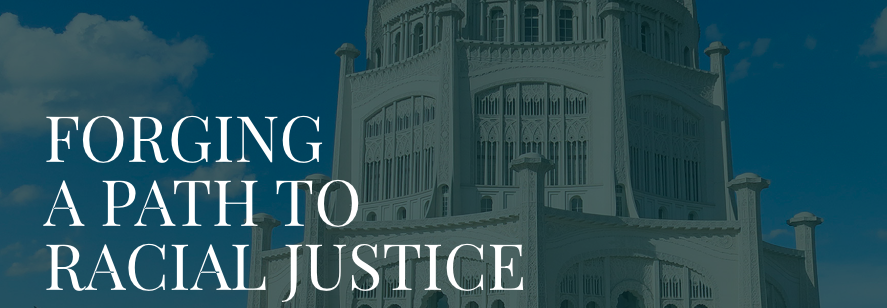
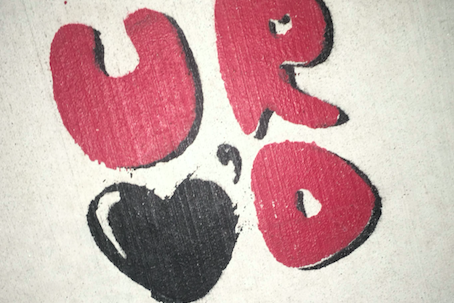
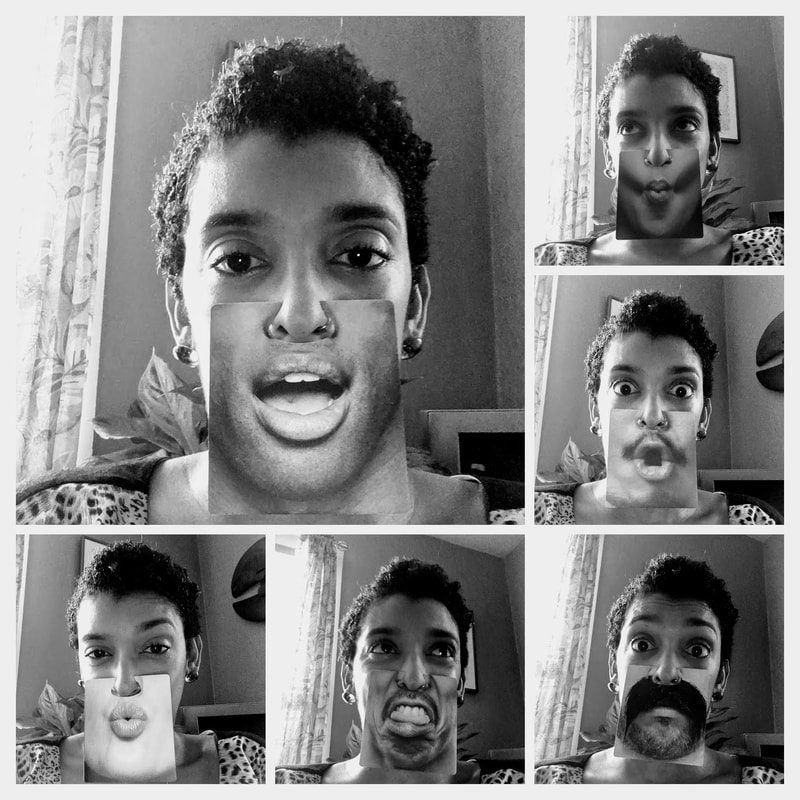

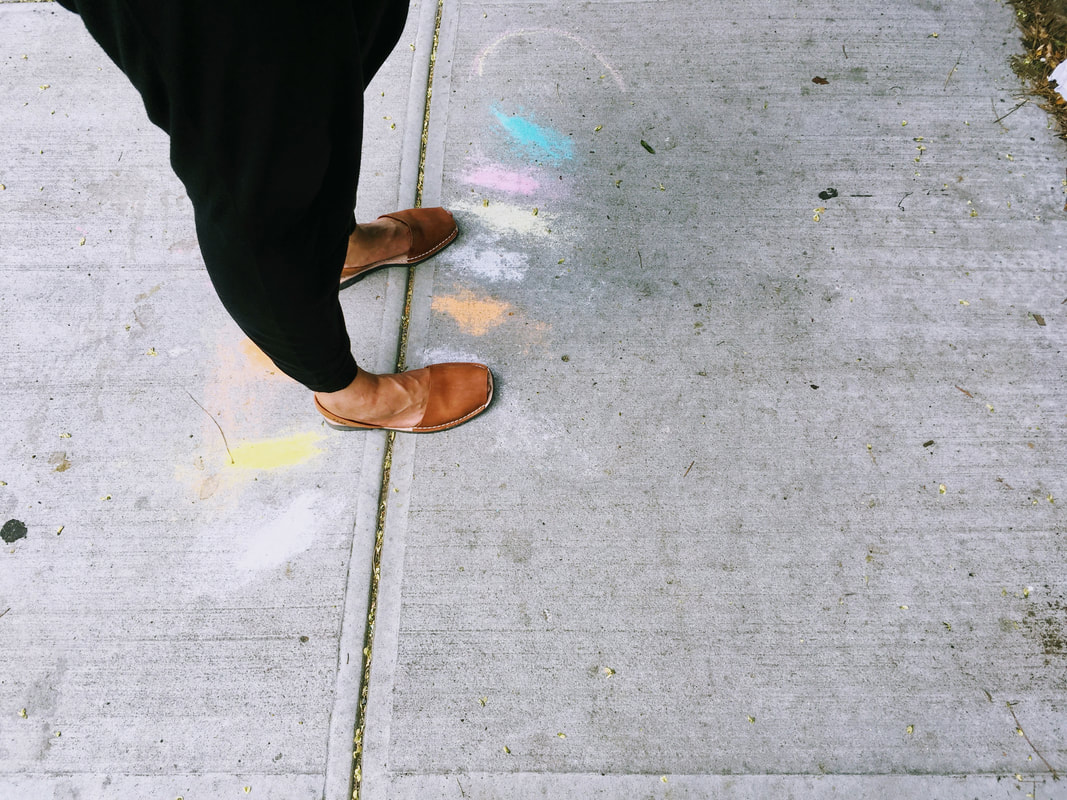
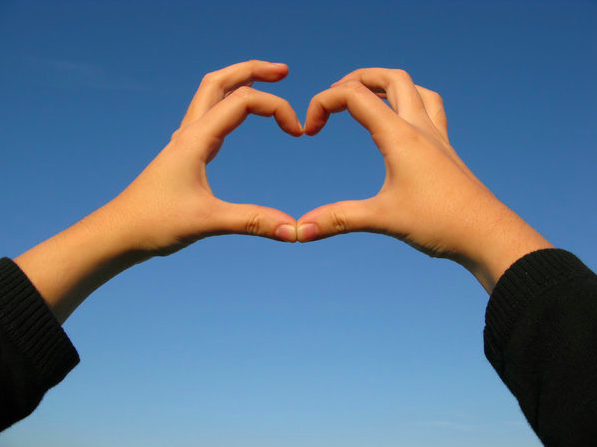
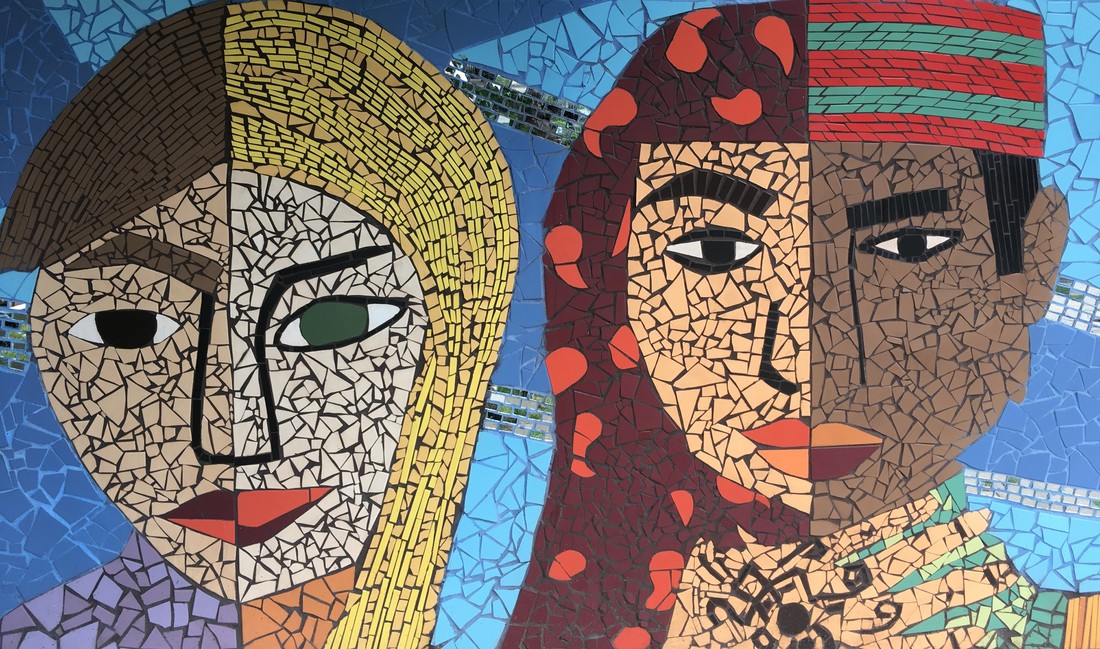
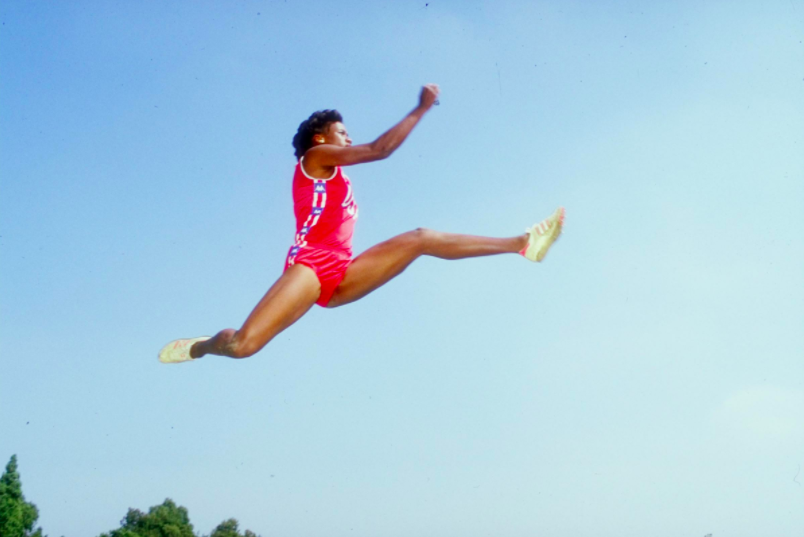
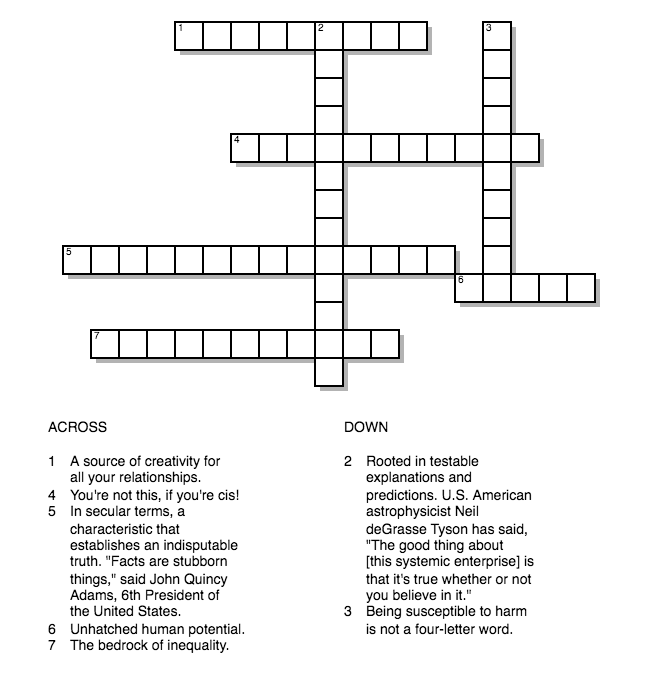
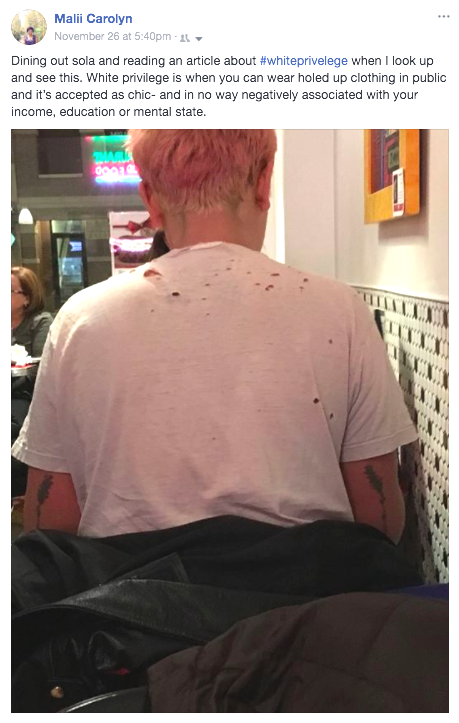
 RSS Feed
RSS Feed